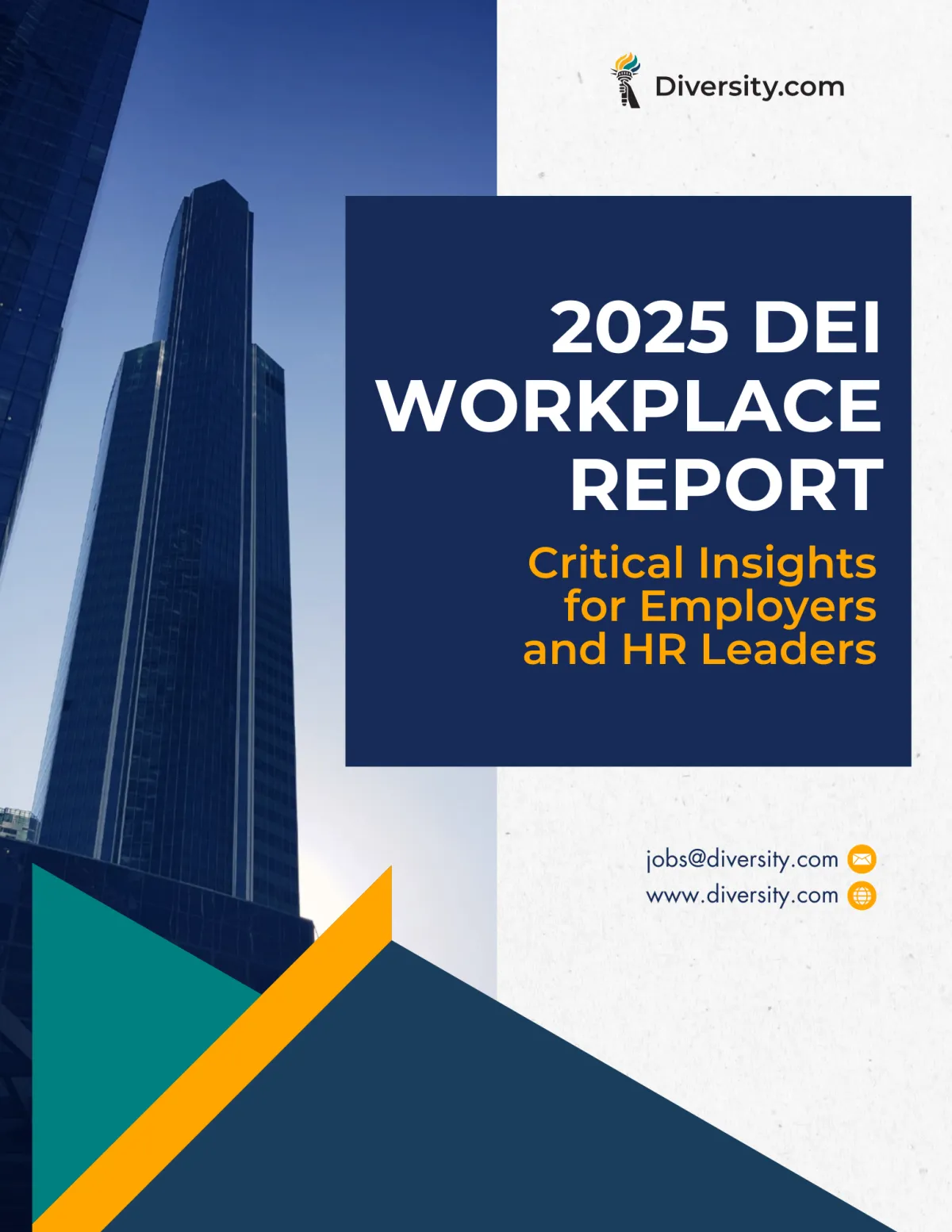
The Intersection of Socioeconomic Status and Career Advancement
Talent doesn’t start on equal footing.
While many hiring processes claim to reward merit, they often overlook how socioeconomic background shapes access, opportunity, and upward mobility.
From unpaid internships to elite networks, the playing field remains tilted—and many professionals are climbing with weight others don’t carry.
Socioeconomic diversity remains one of the most under-addressed dimensions of workplace equity.
In an era where companies are reexamining what fairness looks like, it’s time to recognize that class-based barriers are real, and they start long before someone submits a resume.
How Socioeconomic Background Affects Career Paths
Where someone is born, the schools they attend, whether they need to work during college, and the stability of their home environment all shape the trajectory of their professional life.
According to the Brookings Institution, children from low-income families are significantly less likely to experience upward mobility than their wealthier peers, even when they have similar academic abilities (Brookings, 2023).
These inequities show up at every stage:
Early Exposure Gaps: Wealthier families are more likely to afford enrichment programs, test prep, and early mentorship.
Access to Internships: Many internships, especially in competitive fields, are unpaid or require relocation—creating financial barriers.
Networking Disparities: Professional networks are often inherited. Candidates from lower-income backgrounds may lack connections that lead to referrals or insider opportunities.
Job Search Costs: From relocation expenses to interview attire and time off for interviews, the financial toll of job searching hits harder for some.
Why This Matters for Equity-Driven Employers
Socioeconomic diversity adds resilience, adaptability, and grit to your teams.
Workers from under-resourced backgrounds often bring problem-solving skills, perspective, and determination shaped by experience.
Ignoring class-based inequity narrows the talent pool and reinforces homogeneity at the top.
When companies only hire those who could afford to climb the ladder easily, they miss out on the brilliance of those who built their own.
Inclusive hiring must consider both visible and invisible barriers.
Strategies to Support Socioeconomic Diversity
Offer Paid Internships: Ensure early-career roles don’t exclude talented candidates who can’t afford to work for free.
Remove Prestige Bias: De-emphasize elite school backgrounds in favor of demonstrated skills, experience, and values alignment.
Disclose Compensation Early: Salary transparency is critical for leveling the field—especially for first-gen professionals.
Provide Relocation and Interview Support: Small stipends or remote interview options can remove major hurdles.
Create First-Gen ERGs or Resource Spaces: Community and mentorship matter, especially for those navigating professional spaces without inherited guidance.
The Bigger Picture
Promoting equity requires acknowledging that not everyone starts from the same place. Socioeconomic diversity shouldn’t be a footnote in DEI. It should be part of the foundation.
Employers who recognize the impact of class and actively work to remove related barriers don’t just open doors. They rebuild the system behind them.
How Diversity.com Helps You Build an Inclusive Future
At Diversity.com, we connect forward-thinking employers and job seekers who are committed to inclusion, equity, and meaningful change.
Whether you're refining your DEI strategy, searching for inclusive job opportunities, or staying ahead of policy shifts, we provide the tools and insights you need to lead with purpose.
For Employers & HR Leaders:
✔ Create a free employer account — Post open roles and hire with intention. Choose from flexible options: single listings, job credit packs, or subscription plans.
✔ Access a diverse talent network — Find professionals from underrepresented groups who bring innovation and perspective.
✔ Stay ahead with DEI insights — Explore timely articles, hiring best practices, and workplace inclusion trends.
For Job Seekers:
✔ Search jobs with inclusive employers — Discover roles in workplaces that prioritize equity, belonging, and authenticity.
✔ Create a free job seeker account — Apply for positions aligned with your values and skills.
✔ Learn more about workplace inclusion — Read tips, research, and real stories to navigate your career journey.
We’re here for job seekers who want to be seen and employers ready to see more clearly.
Start building with Diversity.com
If you have any questions or need assistance, feel free to Contact Us Here. Our dedicated support team is ready to help!
Related Articles
Understanding Privilege Without Guilt: What It Means for Equity in the Workplace
Neurodiversity in the Workplace: Supporting Neurodivergent Employees and Inclusive Hiring Practices
First-Gen Professionals and the Workplace: Resilience, Barriers, and Equity in Action
Addressing Ageism: Valuing Experience in the Modern Workplace
Mental Health and DEI: Why Inclusive Workplaces Must Prioritize Well-Being
Invisible Disabilities in the Workplace: How Inclusive Employers Can Provide Real Support
Single Parents in the Workforce: Addressing Caregiving Bias in Inclusive Workplaces
Women and DEI: Advancing Gender Equity and Building Inclusive Workplaces
Veteran Hiring and Military Spouse Inclusion: Building Equitable Civilian Workplaces
Career Transitions and DEI: How Inclusive Workplaces Enable Mid-Career Reinvention
Cultural Competence in DEI: Building Inclusive, Globally Aware Workplaces
2025 Shareholder Votes Reject Anti-DEI Proposals at Levi’s, Goldman Sachs, and More
Sources & References:
Brookings Institution. (2023). Upward Mobility and the American Dream: Why Place Still Matters. https://www.brookings.edu/research/upward-mobility-and-the-american-dream/

